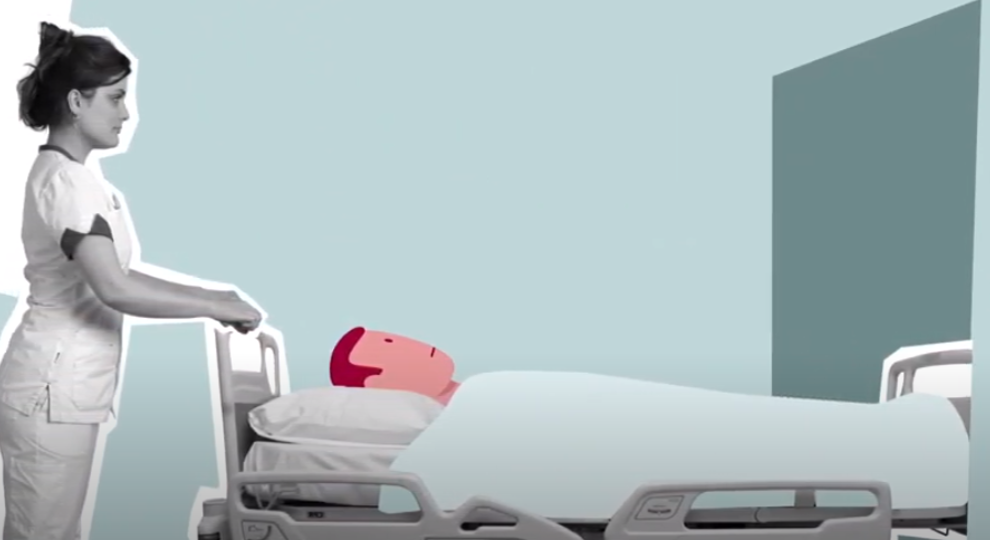Surgery for colon cancer
Approximately 10,000 people in the Netherlands are diagnosed with colon cancer every year. On top of that, many patients deal with metastases as a result of their colon cancer or recurrence of the disease. Surgery for colon cancer aims to remove the tumor from the large intestine and restore the unobstructed passage as much as possible. All lymph nodes draining the affected part of the colon will also be removed. This surgery is usually curative, although recovery will not always be an option.
More information
Surgery for colon cancer - what to expect
Colon cancer can be treated through open surgery or keyhole (laparoscopic) surgery. Both will require general anesthesia. If you are having keyhole surgery, your surgeon will insert a camera and all surgical instruments through several small incisions in the abdomen. In order to make sure that there is enough space to work in, your abdominal cavity will be inflated with carbon dioxide. Your tumor will be removed through one slightly larger incision in the abdomen.
If you are having open surgery, your surgeon will make one large incision in the abdomen through which the surgery can be done. No matter which type of surgery you are having, your surgeon will attempt to create a new connection between the two sections of colon that remain after the removal. If it turns out that this is not an option for you, you will be given an ostomy bag.
The total time of your admission will depend on the type or surgery you are having. Patients who had keyhole surgery usually spend 5 to 6 days at the hospital, while people who had open surgery tend to need a stay of 7 to 10 days.
Keyhole surgery is the preferred surgery type for colon cancer, as the recovery time is much shorter due to the smaller incisions. If you do need a more complex type of surgery – if the tumor has grown into the surrounding structures, for example – we often prefer open surgery. We will decide which surgery technique best fits you and your situation together during a consultation at the clinic before your surgery.
Efficacy
The efficacy depends on the size and expanse of the tumor, and whether or not it has spread to other parts of the body. Surgery is usually not the only treatment you receive; most patients with rectal tumors will receive radiation treatment before their operation, and some patients with colon cancer will need chemotherapy after their surgery. This multidisciplinary approach enhances the effectiveness of the treatment.
Side effects
The main complication following this type of surgery is anastomotic leakage. Once the tumor has been removed, both sections of the colon will be reattached – if possible. This new connection, the seam, can start leaking fecal matter into the abdominal cavity, which will make you very ill. You will need surgery again to fix this complication. The odds of experiencing anastomotic leakage are very small, but will increase as the cancer progresses and the overall health deteriorates. Other risks include complications caused by infection, bleeding, or anesthesia.
Fertility preservation
Treatment for colon cancer may negatively affect your fertility levels, which is why the Netherlands Cancer Institute offers fertility preservation.

 nl
nl
 Nederlands (Nederland)
Nederlands (Nederland)
 English (United States)
English (United States)